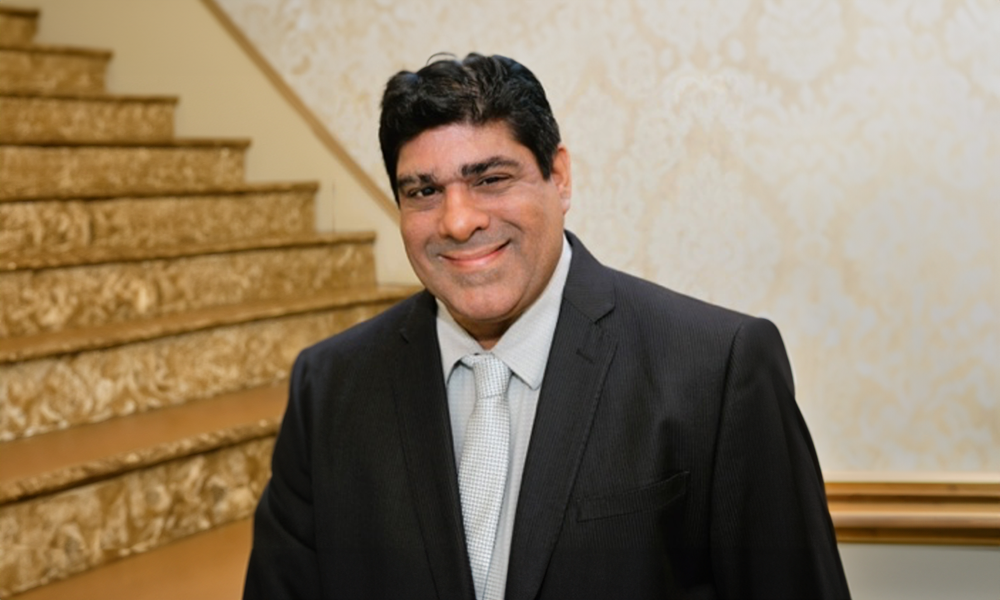Locking more people up for longer periods of time does not reduce crime. In fact, quite the opposite, if Connecticut’s experience is any indication. That was the crux of the message Governor Dannel Malloy brought to Western New England University School of Law.
Speaking to a crowd of students, faculty, and staff, the two-term Governor highlighted his state’s successes in implementing sweeping criminal justice reforms—reducing the number of people entering prison and making it easier for those who do to reintegrate into society.
“If current trends continue, in a relatively short period of time we will more than halve our prison population from its high,” according to Malloy, who says Connecticut would be the first state to accomplish the feat. “We’re also seeing a drop in recidivism, which means fewer people are returning to jail.”
A former prosecutor and mayor, Malloy refutes the notion that letting people out of prison leads to an increase in crime. In fact, he notes that Connecticut has been the state experiencing the largest drop in violent crime.
“To put this broader issue in context, America has been following the wrong philosophy. Representing about 4% of the world’s population but 25% of the world’s incarcerated doesn’t make a whole lot of sense,” says the Democratic Governor.
“Ultimately, our success as a nation will depend on 'can we break the cycle of poverty and imprisonment.'.”
Criminal justice reform has become a high profile issue for political leaders of both parties from coast-to-coast, including Massachusetts, whose approach Malloy characterized as more timid than neighboring Connecticut. As incoming Dean of the School of Law Sudha Setty noted, the debate involves “rethinking questions of morality, justice, racial justice, financial concerns, and lots of other considerations that go into the notion of how we structure and administer criminal laws in this country.”
While Malloy characterized issues of fairness and justice as the prime motivation for pursuing reform, he noted the effort comes with financial benefits for cash-strapped states. “It costs us about $168 to $170 per night that we incarcerate someone. It’s a very expensive proposition.” Malloy added that even after investing in new programs, the state’s corrections budget dropped by $70 million from one year to the next.
Despite the successes, Malloy says there is still work to be done. Having already raised the age of criminal responsibility from 16 to 18, Malloy is urging legislators to boost it further to 21, and pushing for a different approach towards youthful offenders.
“My desire to do that is based on our experience having lifted people out of the system. When you think about corrections, it really is the place you go to get an advanced degree in criminal behavior.”
Malloy’s April 20 appearance at the School of Law was sponsored by Law School Democrats and the School of Law’s Institute for Legislative and Governmental Affairs.





